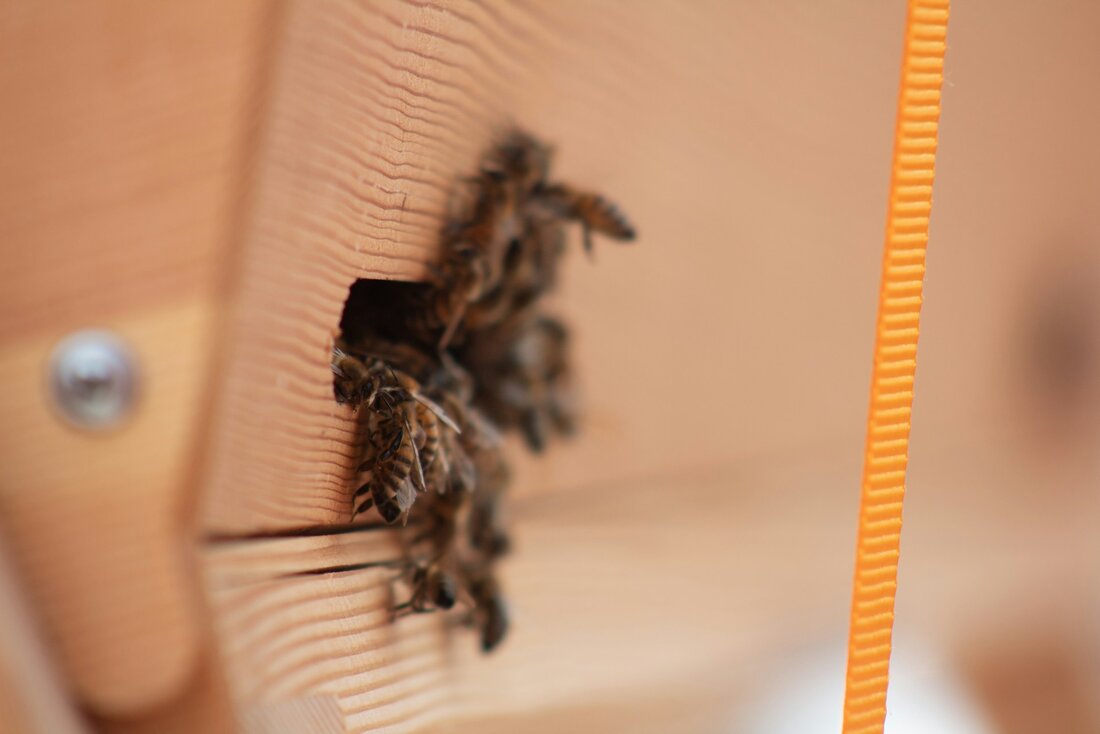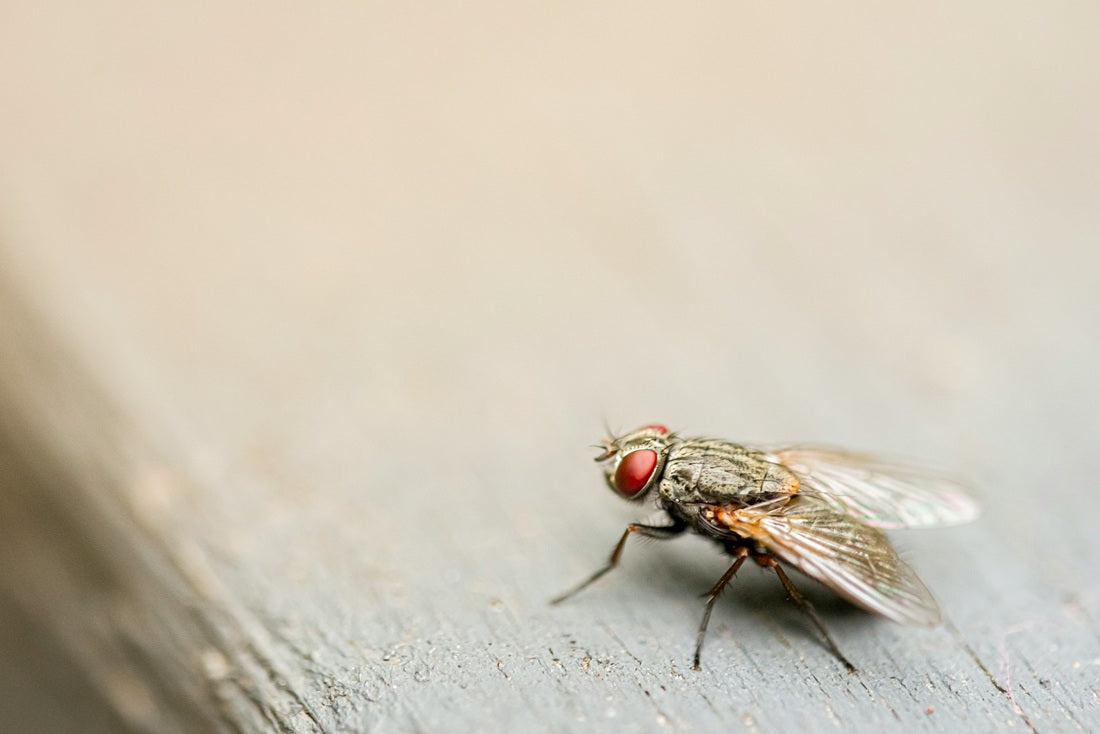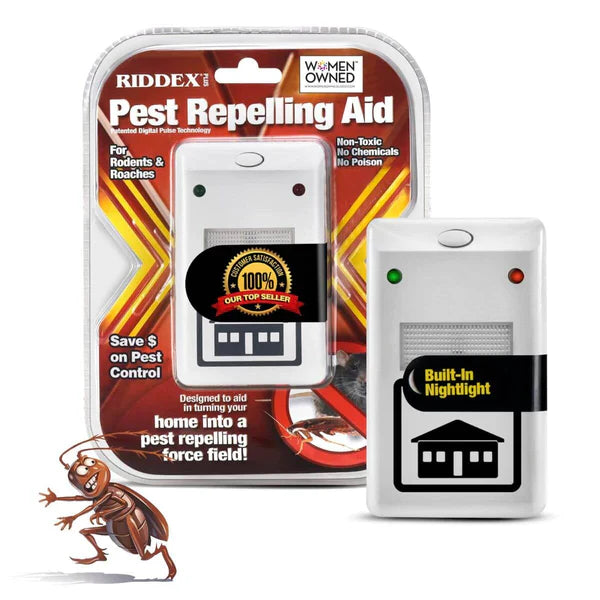Insects buzzing around the house can be more than just a nuisance. Many folks turn to insect repeller devices to keep bugs at bay, but sometimes they notice these insects still lingering. Repellers are designed to emit frequencies or signals that effectively push pests away. Instead of dealing with dead critters, you drive them far enough off, hoping they won’t come back. Yet there’s still the odd occasion when these devices don’t seem to work as intended.
Several factors influence why some insects remain stubbornly resistant to these gadgets. Understanding these reasons helps in learning how to effectively utilize technology in pest management. People often ask why a mosquito flies right past a machine designed to keep it away, or why cockroaches still scuttle across kitchen floors. The answers lie in the interesting adaptations of these pests and how repeated exposure affects them.
Why Insects Become Resistant to Repellers
Insects are incredibly resourceful, with a knack for adapting to their environment. This adaptability often extends to their ability to resist certain control methods, including repellers. Over time, with continued exposure, insects can develop resistances through natural selection, where the more resistant individuals survive and reproduce.
Think about it like a family tree; if insects keep encountering the same conditions, only those who manage to cope with or ignore the signals emitted by repellers thrive. They pass on these traits, leading to a population less affected by the devices. It’s an ongoing process, fueled by the insects’ need to survive and flourish in their habitats.
Another aspect is that certain insects have heightened sensory perceptions. Some might be less sensitive to the frequencies emitted by repeller devices, which means they won't be as easily deterred. Here's a simple analogy: if a sound or signal isn't annoying enough, it might not push the insect away. So, while repellers might work well initially, over time, the remaining insects could evolve to become less sensitive.
By knowing how insects adapt and why they become less responsive, homeowners can find alternative or additional solutions to strengthen pest control measures. Figuring out these patterns turns out to be a key part of managing pest problems effectively in the long run.
Types of Insects Most Likely to Develop Resistance
Some insects are more adept at developing resistance to repellers than others. Cockroaches and mosquitoes are two prime examples. They have been living alongside humans for ages, giving them plenty of opportunities to adapt to our pest control strategies. Cockroaches, with their high reproductive rates, can quickly pass on resistant traits to the next generation. Their ability to thrive in various environments makes them particularly resilient.
Mosquitoes, on the other hand, are notorious for their ability to adapt. They've managed to skirt past numerous control measures throughout the years. The variability in their sensory systems allows them to evade certain frequencies emitted by repellers. This adaptability means that over time, these little creatures can become less affected by devices meant to repel them.
Understanding which pests are likely to shrug off the effects of repellers aids in choosing the best methods to keep them at bay. By knowing which insects in your area are more prone to building up resistance, you can better plan your pest control approach. Being aware of their characteristics helps in selecting complementary methods to ensure your home stays insect-free.
Indicators That Your Insect Repeller Might Be Ineffective
When insect repellers seem to be failing, several signs might indicate their ineffectiveness. If you notice that pests like mosquitoes or cockroaches are still present and active, it may suggest that the repeller isn't doing its job. Seeing new pest activity in areas where the devices are placed highlights potential issues.
Sometimes, the problem isn't the device itself but where it's located. Ensure the repeller has enough space to work effectively, unobstructed by furniture or thick walls that could block its signals. Basic placement mistakes can limit a repeller's reach, so think about where it's plugged in.
Keep an eye out for:
- Pests appearing in new locations, avoiding current repeller zones.
- No noticeable decrease in pest sightings.
- Incorrect placement, such as a repeller hidden behind heavy furniture.
Evaluating whether your repeller is compromised helps in finding a solution quickly without frustration.
Tips to Enhance the Effectiveness of Insect Repellers
Getting the most out of insect repellers involves understanding how to use them strategically. Here are a few tips to make sure they do their job effectively:
- Proper Placement: Place the device in open, clear spots where it can easily emit signals across the room. Avoid installing it behind large furniture or appliances that could block the signals.
- Combine Tactics: Use repellers along with other methods, such as sealing cracks where pests enter the home or using natural deterrents like essential oils. These combined efforts can enhance overall effectiveness.
- Regular Maintenance: Ensure your device is functioning properly by checking for physical damage and ensuring it's plugged in securely.
By using these simple tricks, you can optimize the performance of your repeller and keep your home comfortable.
Enjoy a Pest-Free Home with Riddex Insect Repellers
Maintaining a pest-free home relies on understanding the habits of insects and using the right tools to manage them effectively. Whether it’s recognizing the stubborn nature of certain pests or learning the best ways to position repellers, these strategies make a difference.
With careful planning and the application of effective methods, keeping insects at bay becomes easier. The approach is proactive and ensures that the home environment remains safe and comfortable, keeping unwelcome guests outside where they belong.
Embrace the power of Riddex insect repeller technology to enjoy a more peaceful home environment. By leveraging advancements in pest control, you can effectively minimize unwanted guests without harm. Discover more about insect repeller solutions and make the most out of your pest management efforts.






